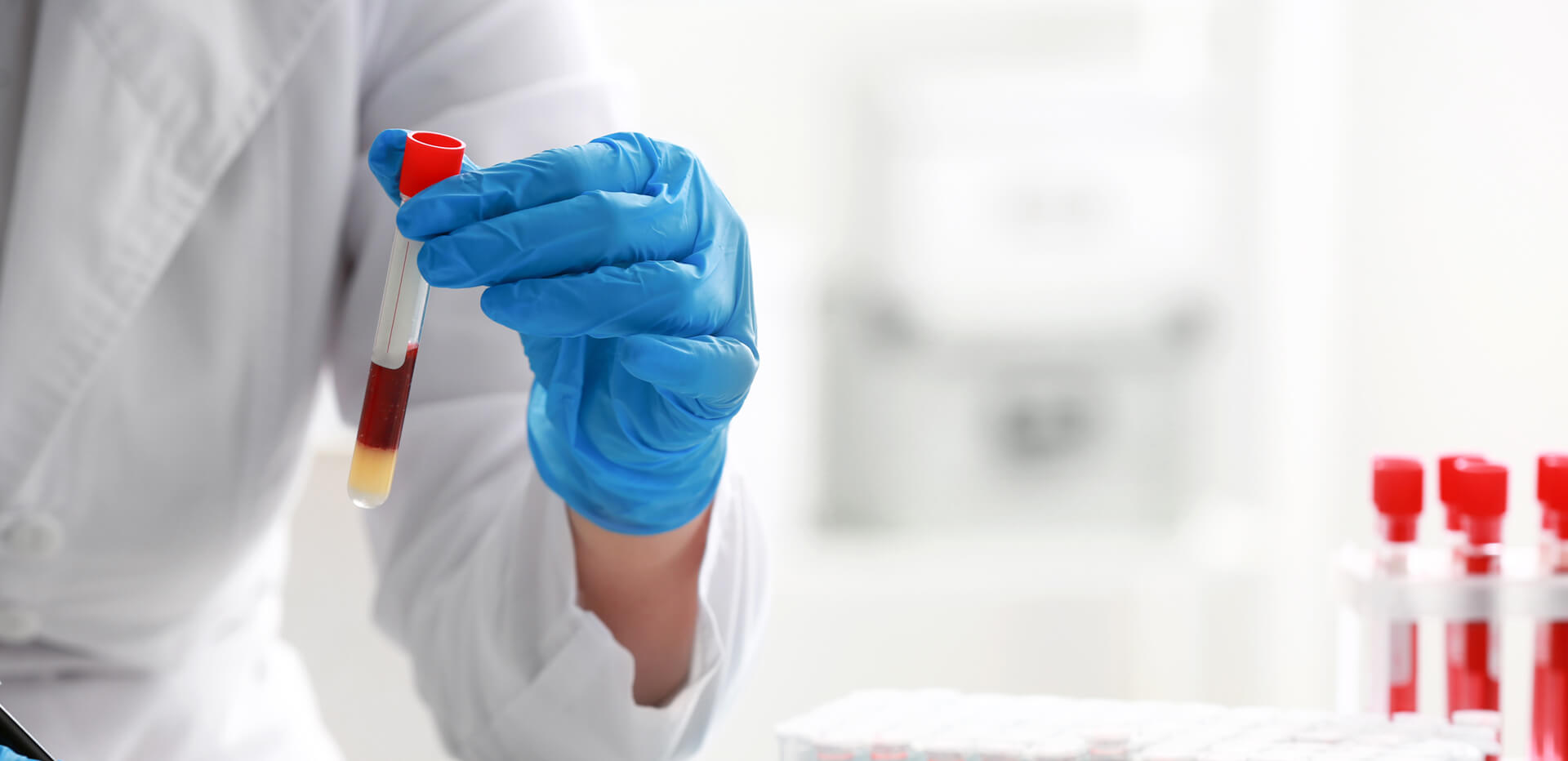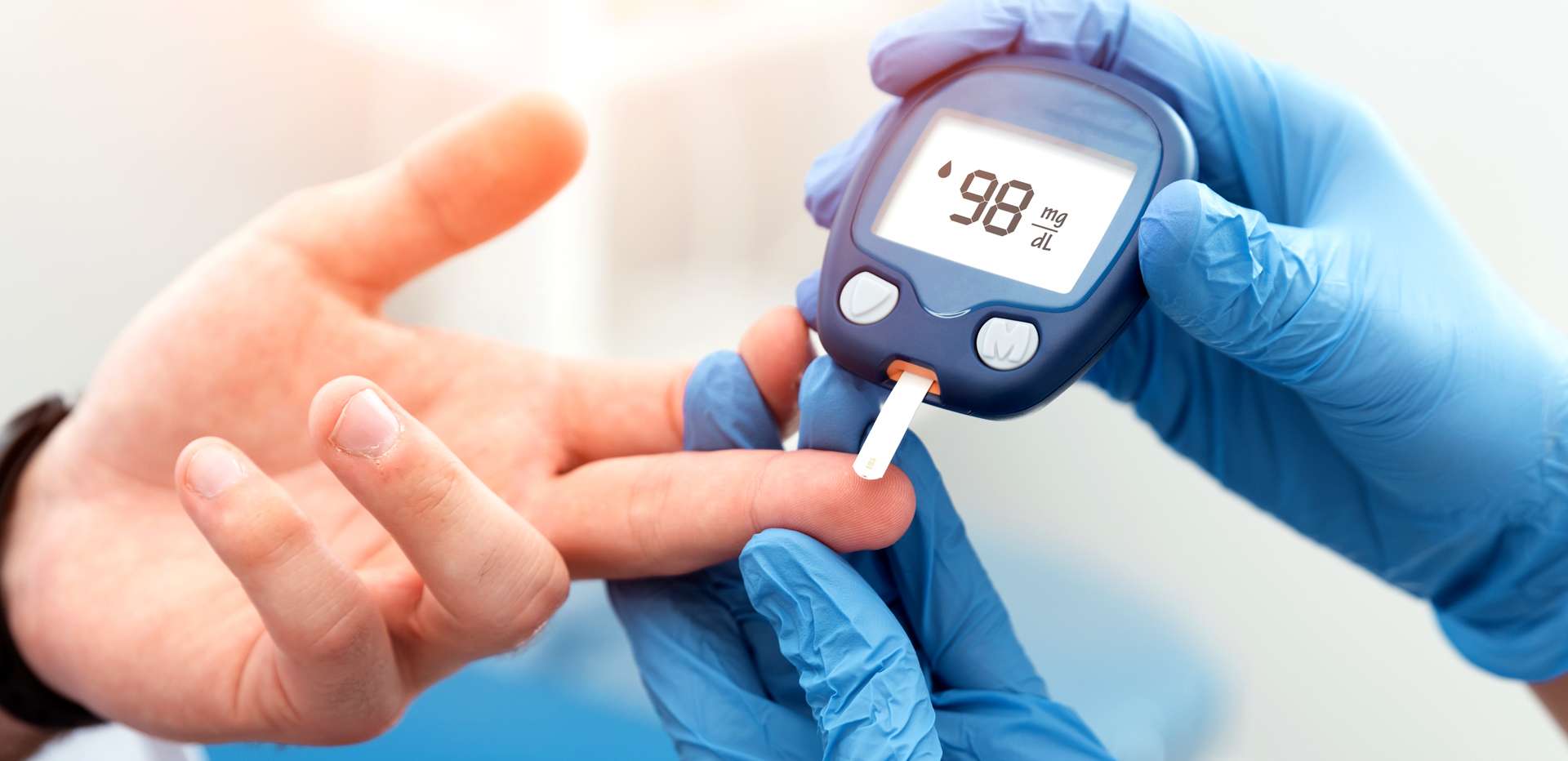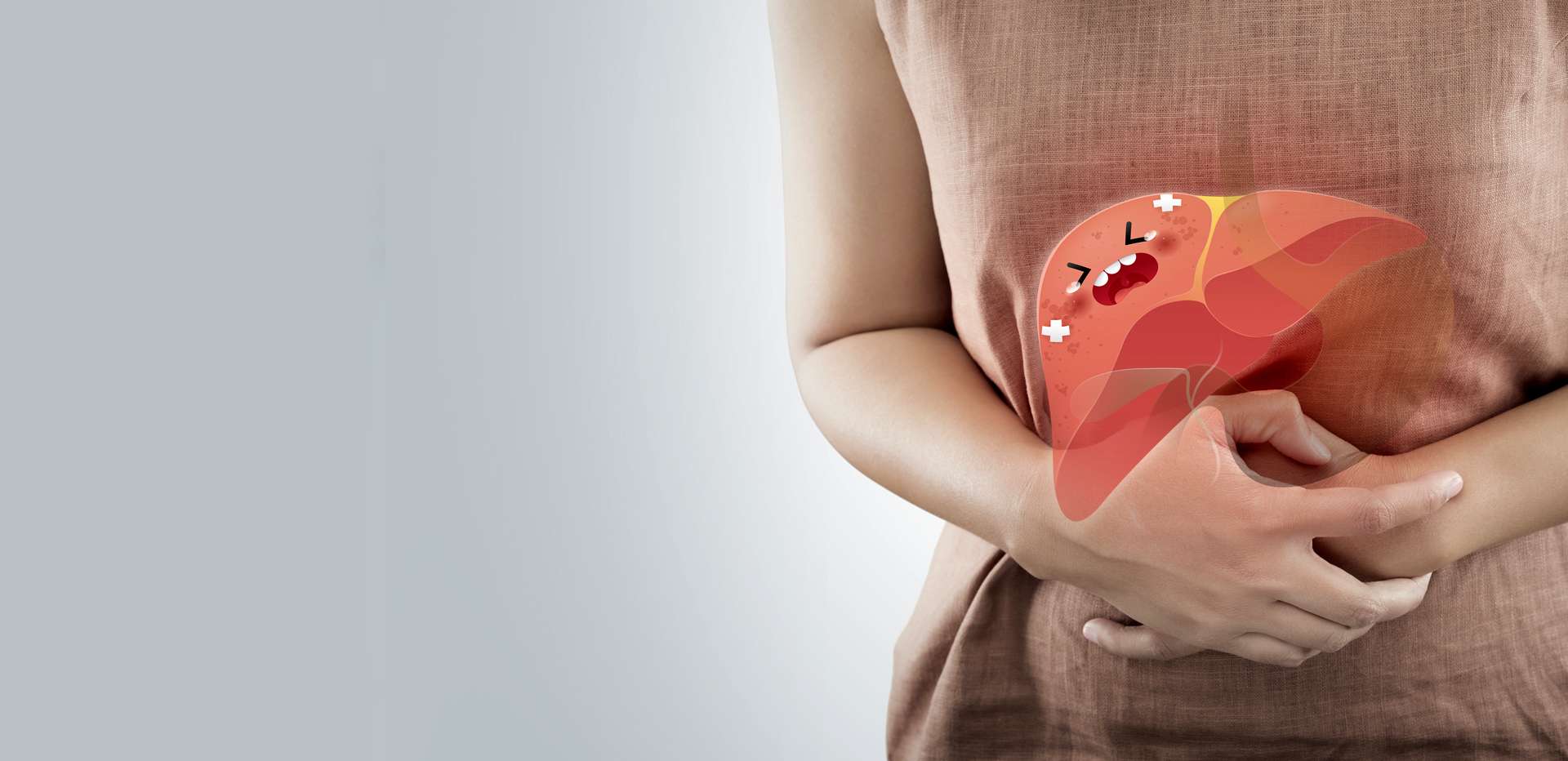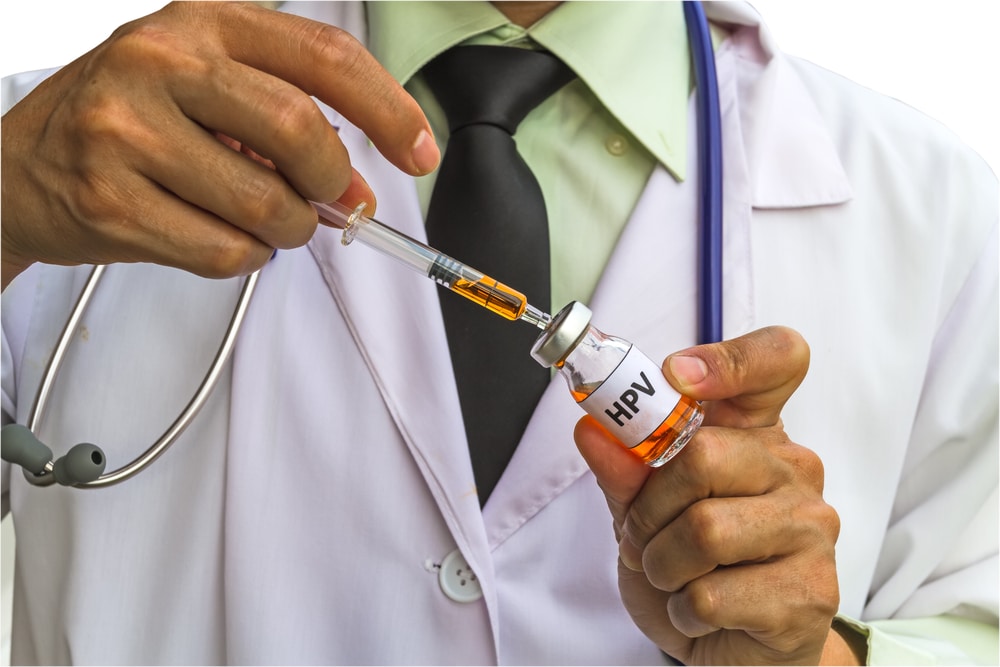The HPV vaccination is relatively new amongst recommended vaccines. The HPV vaccine has suffered from a range of myths that have surrounded it since it was first introduced in 2012. Inaccuracies about the vaccine and the Human Papilloma Virus contribute to a lack of uptake and can have serious health implications for those who do not have the vaccination.
The HPV vaccination was introduced in 2012 to combat the spread of the Human Papilloma Virus which is the virus responsible for cervical cancer. The HPV vaccine is usually administered during secondary school and was designed to slash cervical cancer rates partly due to the falling uptake of smear tests which have been the main diagnostic screen to date.
The HPV vaccine is one of the government’s recommended childhood vaccines but has suffered from a network of myths surrounding it and which have lowered uptake.
The Myths Around the HPV Vaccine
- It’s not safe – the vaccine is safe and does not cause any serious health issues although as with all vaccines, there may be a mild and temporary reaction for a few days afterward
- The HPV vaccination causes infertility – there is no clinical data to suggest that the HPV vaccine causes premature ovarian failure
- The HPV vaccine is ineffective at preventing cervical cancer – in clinical studies, the vaccine provided nearly 100% protection against persistent cervical infections and genital warts
- Only girls need the HPV vaccine – this is one of the most persistent myths because of the link between the Human Papilloma Virus and cervical cancer but HPV affects both men and women and can cause genital warts, penile warts and anal and oral cancer in men. It is easily transmissible between the sexes
- The HPV vaccination encourages sexual promiscuity in adolescents – there is no research to indicate an increase in sexual activity amongst teenagers and young people because of the vaccine. A study review of 500,000 individuals actually suggested safer sexual practices after vaccination due to an increased awareness of sexually transmitted diseases
The HPV vaccine is one of the recommended vaccines on the government’s health program to combat the Human Papilloma Virus and as a primary preventative tool against cervical cancer. Find out more about the HPV vaccination on our website.


























